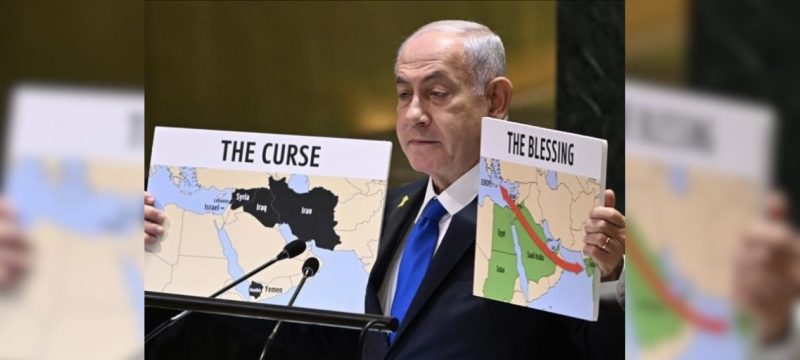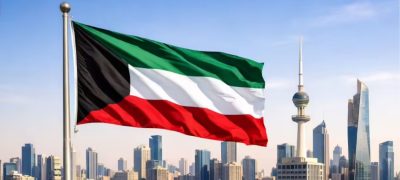Saudi Arabia, along with other Gulf nations, has firmly condemned the recent publication of an Israeli map claiming parts of Jordan, Lebanon, and Syria as part of a so-called “Greater Israel.” The Kingdom denounced this act as a blatant violation of international law and a clear attempt by Israel to extend its territorial control at the expense of neighboring Arab countries.
In a statement, Saudi Arabia’s Foreign Ministry rejected the map, which falsely asserts Israeli sovereignty over regions of Palestine, Jordan, Syria, and Lebanon. The Kingdom condemned this as evidence of Israel’s ongoing efforts to cement its occupation and expand its territorial claims.
Read more: Palestinian Man Killed While Forced to Assist Israeli Forces in Gaza
The statement stressed that such provocations demonstrate Israel’s disregard for international laws and sovereignty norms, urging the global community to take decisive action to ensure peace and security in the region. Saudi Arabia emphasized the need for all nations to respect territorial integrity and prevent further crises, reiterating its support for a fair and comprehensive Middle East peace process.
Other Gulf nations, including Qatar and the UAE, echoed Saudi Arabia’s rejection of the map. Qatar’s Foreign Ministry described it as a severe violation of international law, warning that such actions could derail peace efforts, especially amidst the ongoing violence in Gaza. Similarly, the UAE condemned the map, viewing it as part of Israel’s expansionist agenda and reiterating its support for international efforts aimed at achieving a two-state solution and an independent Palestinian state.
The Palestinian Authority and Jordan also condemned the map, highlighting its contradiction to the Arab world’s longstanding position on the Israeli-Palestinian conflict. The map, shared by Israeli officials on social media, has caused widespread outrage across the Arab world, as it claims land universally recognized as part of Palestine, Jordan, Lebanon, and Syria.
This controversy comes amid heightened tensions in the region, exacerbated by Israel’s military actions in Gaza and ongoing settlement expansion in the West Bank. Far-right Israeli figures, including Finance Minister Bezalel Smotrich, have previously supported such territorial claims, reflecting Israel’s broader resistance to international calls for withdrawal from occupied territories and the establishment of a Palestinian state based on pre-1967 borders.
Saudi Arabia and its Gulf allies continue to advocate for a peaceful resolution to the conflict, consistently supporting a two-state solution in line with international resolutions.









